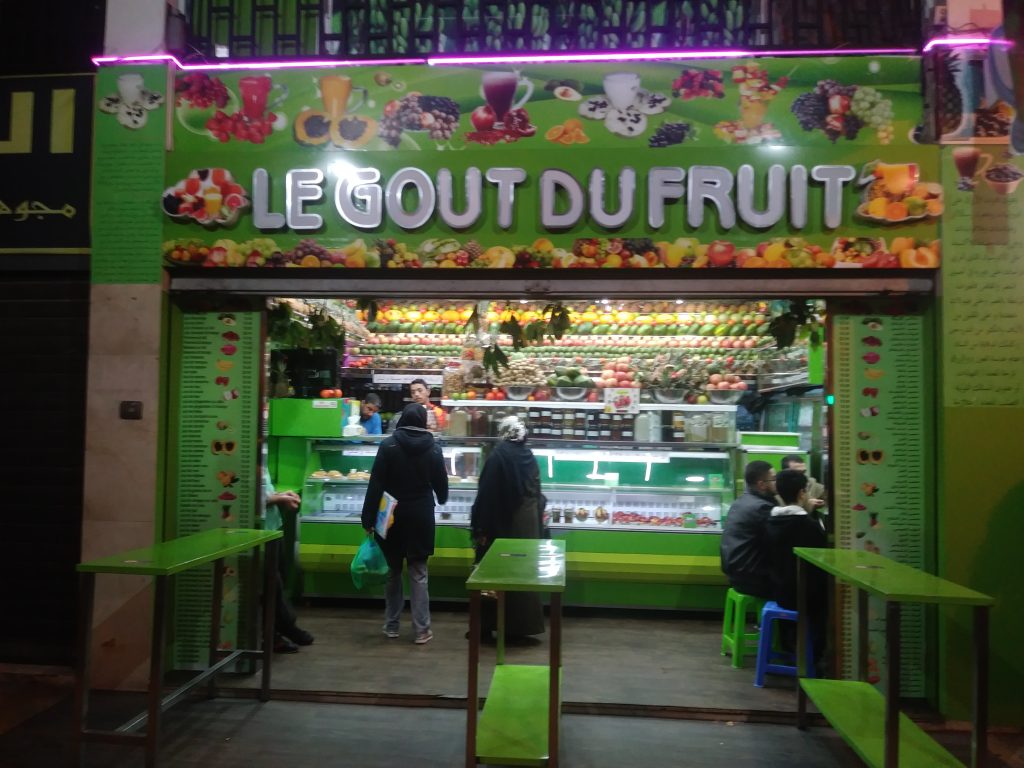Similar to any other professional field, scaling up effective practices is a huge priority in the social-development sector. Given our goal to help as many people as possible with available resources, building on historically successful practices is the practical and efficient way to do so. The question is how best to do so. Initiatives such as the “Global Community of Practice on Scaling Development Outcomes” examine this question. They theorize and conduct research into effective scaling practices across different development sub-sectors. Doab Development would like to contribute to this body of work by exploring one specific approach to scaling called social franchising.

Social franchising builds on the concept of commercial franchising, which is one of the dominant models of business growth around the world. The idea is that a franchisor licenses a business concept to a franchisee, who agrees to implement the model under the same brand, for a royalty or fee.
Some commercial franchises are loosely coupled. The franchisor provides guidance and support but largely leaves the implementation approach to the franchisee. Others are tightly coupled. The expectation is the franchisee implements the model almost identically to every other corporate unit or franchisee so the long and feel of the business is the same in all locations, irrespective of the actual owner.
Commercial franchising is centuries old. Franchise.org references the Dutch East India Company of 1602 as a franchisee of the Dutch republic more than 400 years ago, and Statistica.com estimates more than 800,000 franchise establishments in the United States alone in 2023.
The commercial franchise model is appealing for a few reasons. First, it can shorten the time necessary to build a successful business compared to starting a company from scratch. In the best-case scenario, the franchisor has implemented and tested the model enough to generate confidence in its likely success. Second, again under the best of circumstances, the franchisee accesses a recognized and trusted brand. Third, as part of the licensing, the franchisor trains the franchisee to implement the model. These were all key reasons that Doab Development’s founder and his family invested in a commercial franchise business some years ago.
But it was a previous experience with social franchising that generated the comfort with commercial franchising in the first place. This was a nonprofit organization that implemented a set of similar social programs in Africa and Asia that had a trusted brand, a consistent implementation strategy, clear operational guidance, and programmatic support from a central headquarters. Yes, the organization had to contextualize the program content and operations to some extent in each country, but the overall approach was tightly coupled with the common approach.
It continues to be our belief that social franchising is a fantastic modality for scaling effective social programs. It enables people with limited experience grow successful, trusted social concepts in ways that can potentially be more efficient and impactful than other forms of scaling up. We look forward to studying this issue further through interviews with entrepreneurs in the field of social franchising as well as ethnographic studies and then sharing lessons learned in future articles and research reports.



